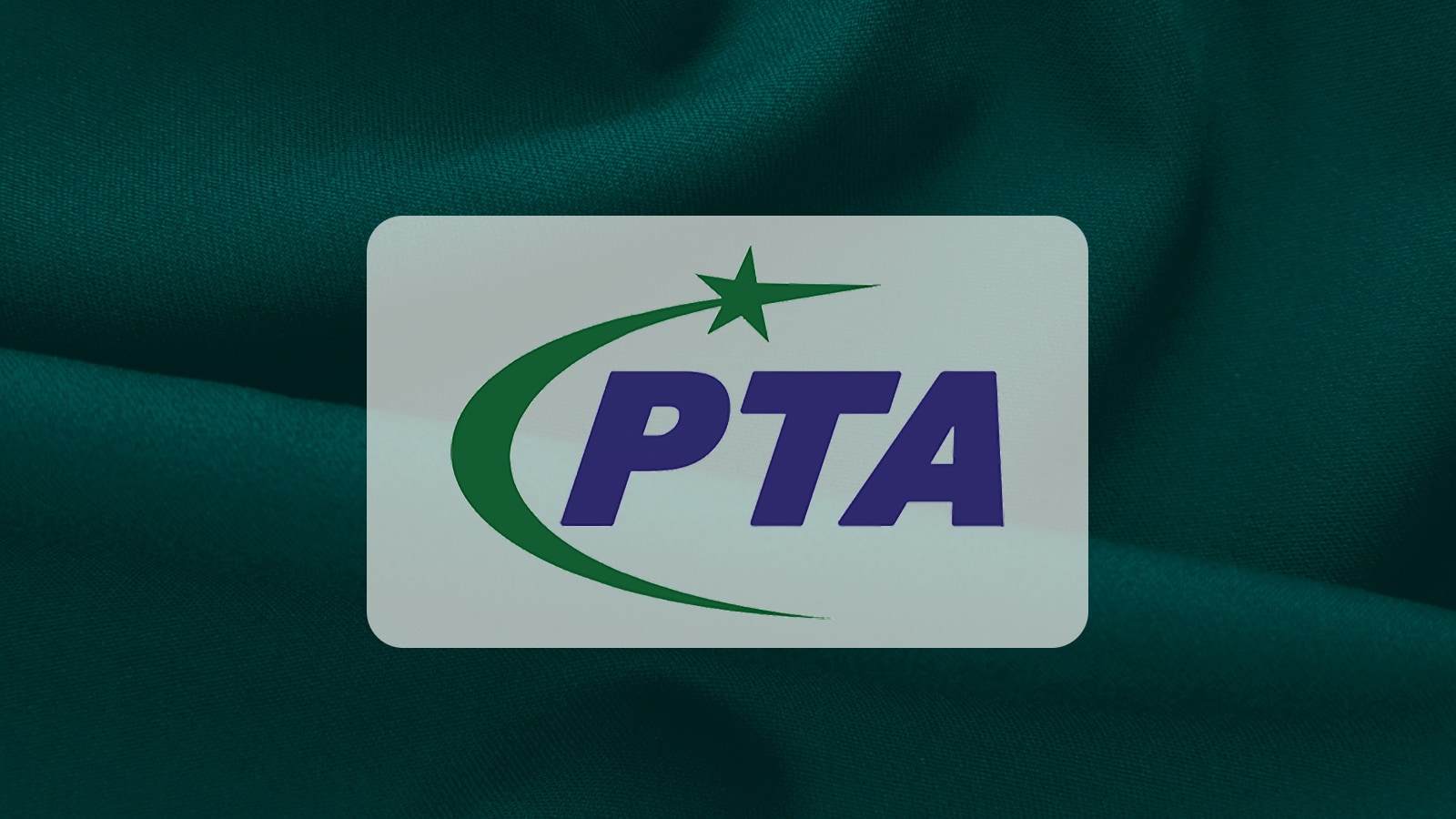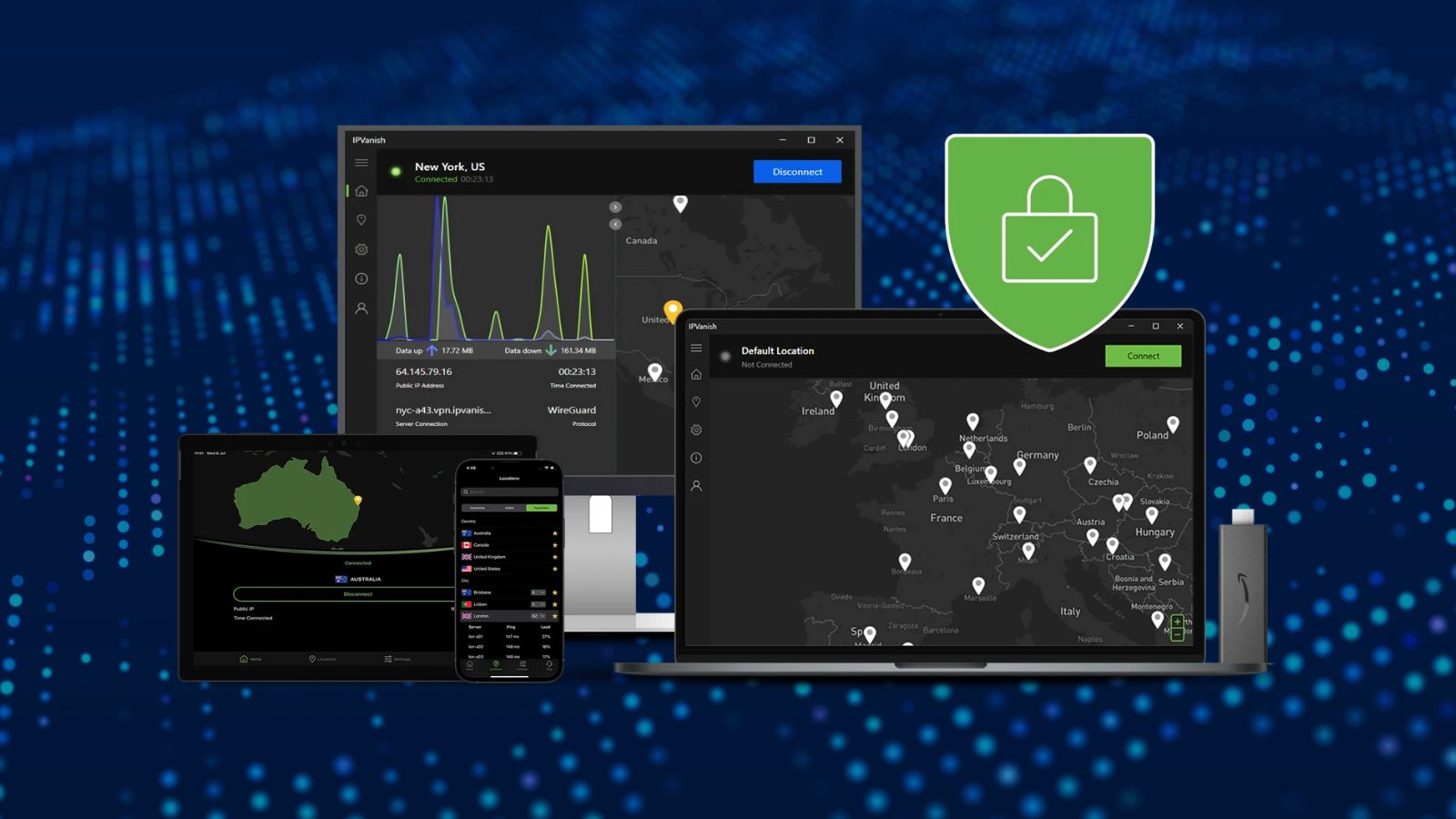
India Is Lifting VPN-Specific Restrictions, Giving Businesses More Freedom
- India is easing its VPN regulations and removes several restrictions that were previously in place.
- OSPs will no longer have to register with the DoT, and no bank guarantees will be required.
- VPN deployment is expected to rise to new levels in India, freeing the business and allowing versatility.
The Indian government and the Ministry of Communications, in particular, want to do business around IT services easier in the country, so they are gradually lifting the restrictions that were in place to regulate the VPN space. The relevant announcement focuses on the provision of Business Process Outsourcing (BPO) and the simplification around what underpins the “Other Service Provider” (OSP) guidelines.
More specifically, the following obligations will no longer apply:
- OSP registration
- Deposit of bank guarantees
- Requirement for static IPs
- Frequent reporting obligations
- Publication of network diagram
- Penal provisions
All of that will make “work from home” or “work from anywhere” policies easier for India-based companies to apply, so the government is essentially allowing them some well-needed flexibility. Scrapping the regulations could be seen as a response to the COVID-19 situation, but the Telecom Regulatory Authority of India had actually suggested these changes about a year ago. The government partially accepted them in March 2020, but things are now going full-on.
The IT sector in India has been following a positive growth trend in spite of these additional layers of “inconvenience,” but complaints targeting these rules were regularly filling up the government’s mailbox.
So, here’s what changes now in practical terms and what businesses will be allowed to legally enjoy:
- Call traffic over VPN is now allowed
- VPN tools for internet access is allowed
- Interconnection of Remote Agent to the OSP centre/resources is permitted
- Electronic Private Automatic Branch Exchange (EPABX) is now allowed to be hosted abroad
- Infrastructure sharing between different OSPs as well as OSPs’ own points of presence in India and abroad is now allowed.
This is crucially important for the security of India-based companies, as employees who are working remotely will be able to securely log in to the corporate network of their employer via VPN. Naturally, we expect the VPN adoption to spike in that huge market, and many businesses will opt to set up their own Virtual Private Network solutions.
If you are looking for the best options to pick in India, you may check our list of the five best VPNs for India in 2020. That said, you should keep in mind that while using VPNs is perfectly legal in India, doing so to access restricted content isn’t.









